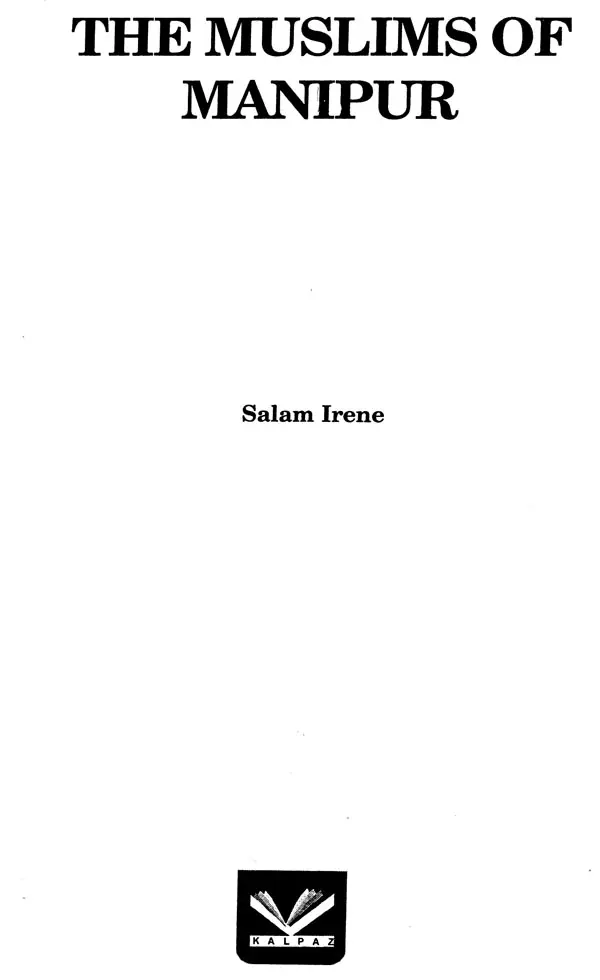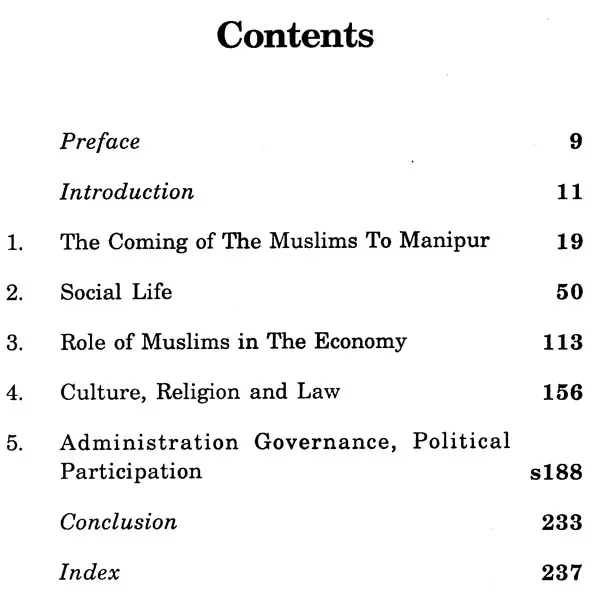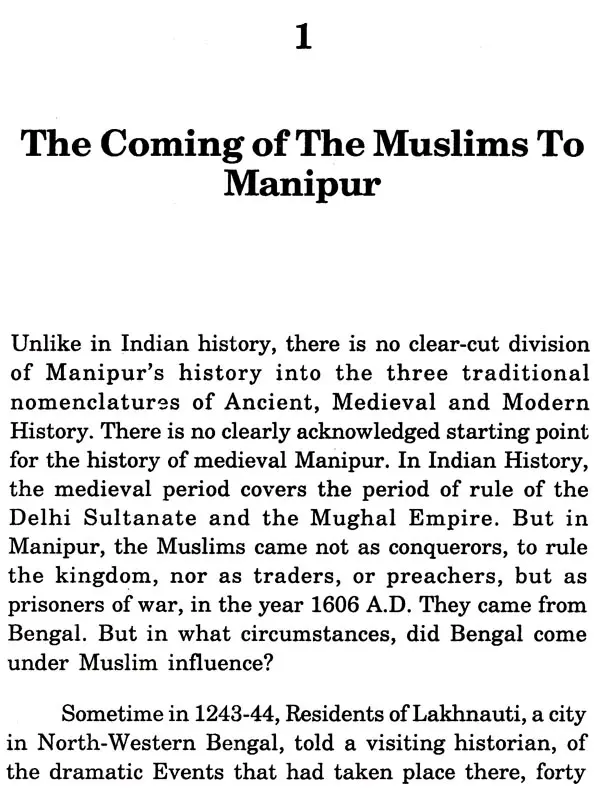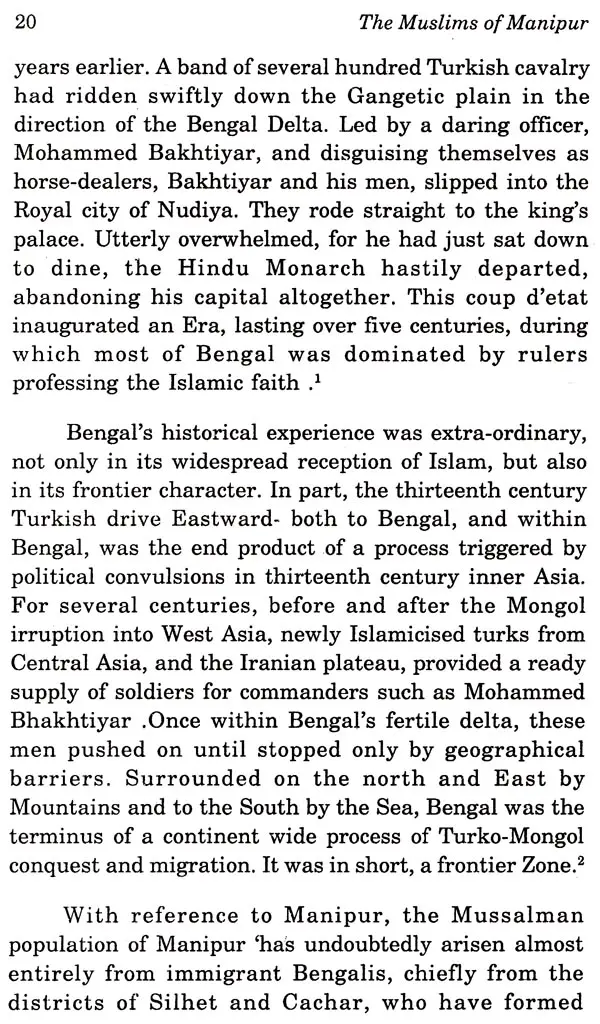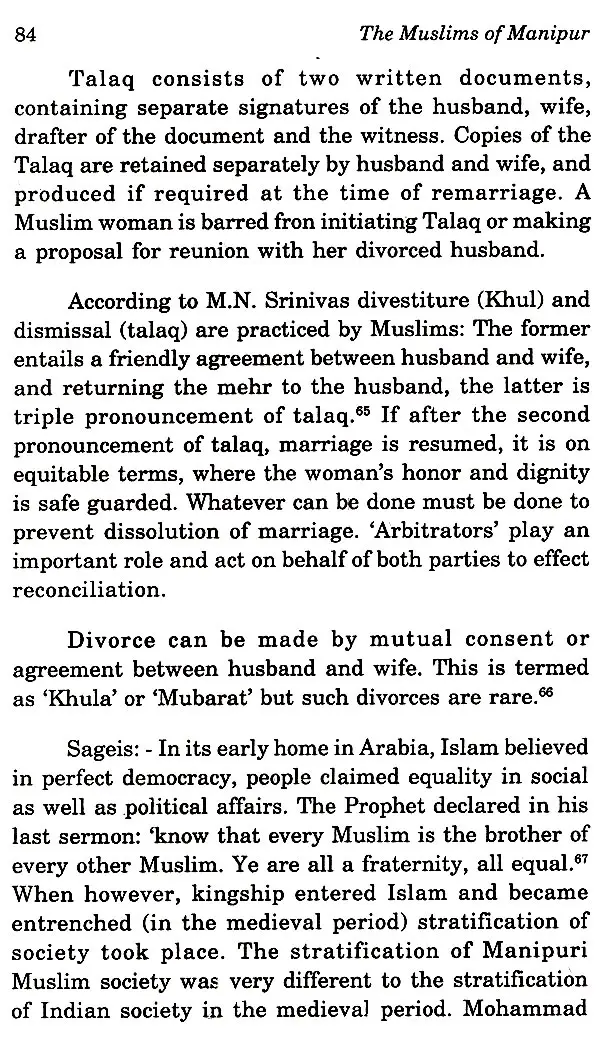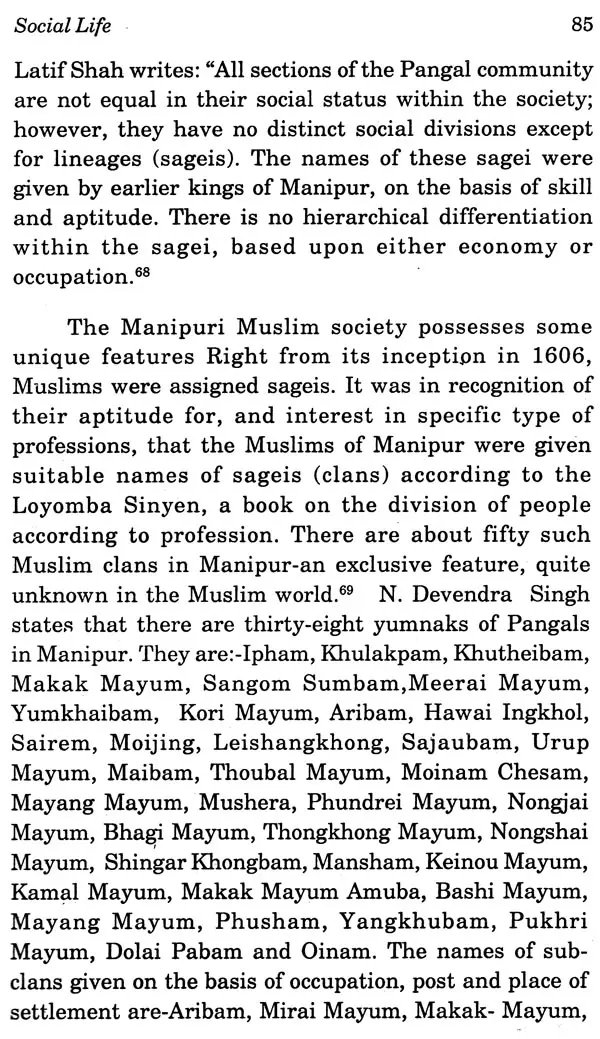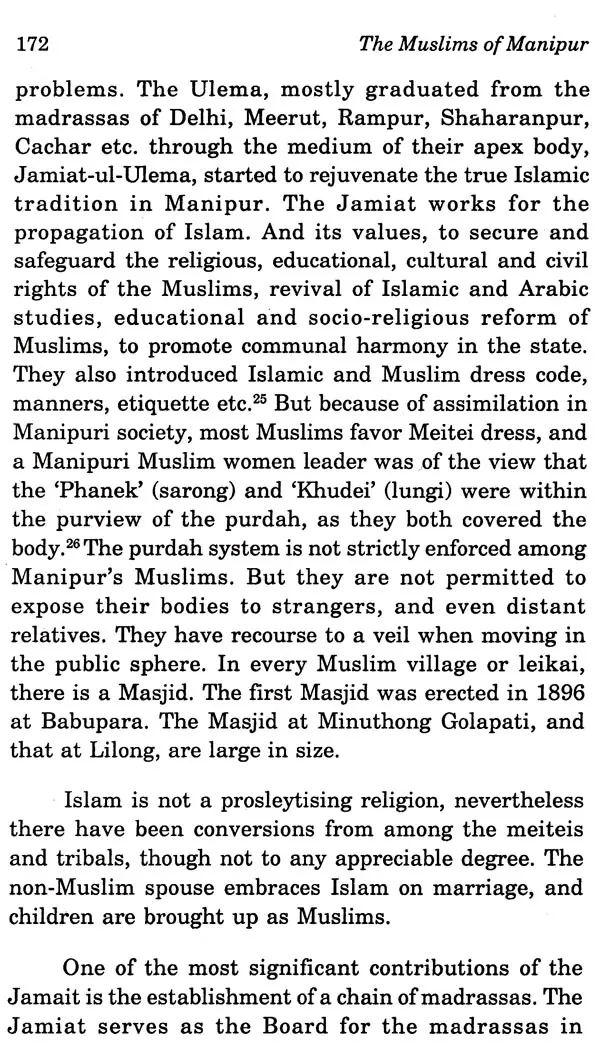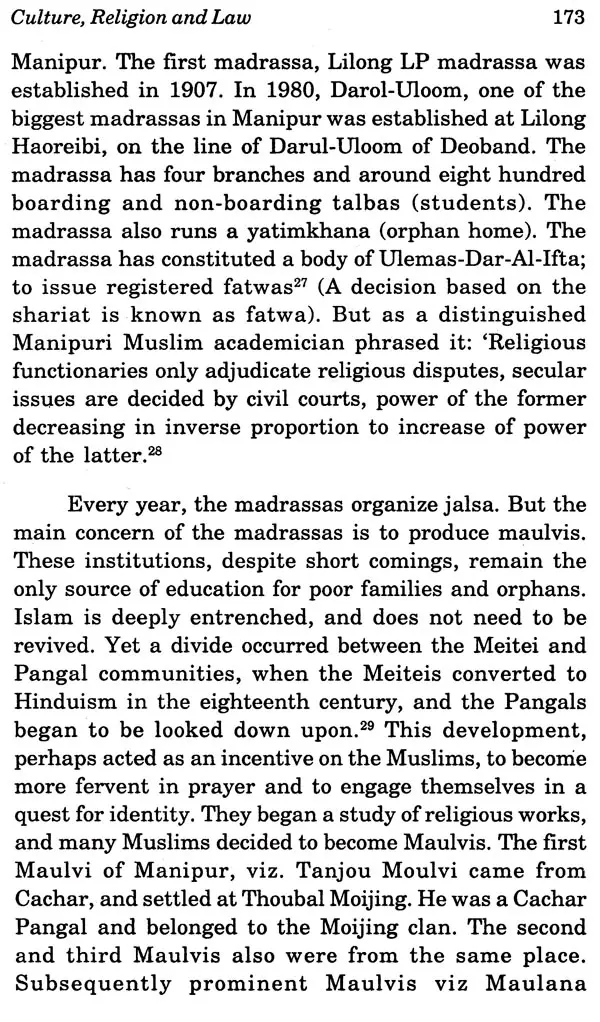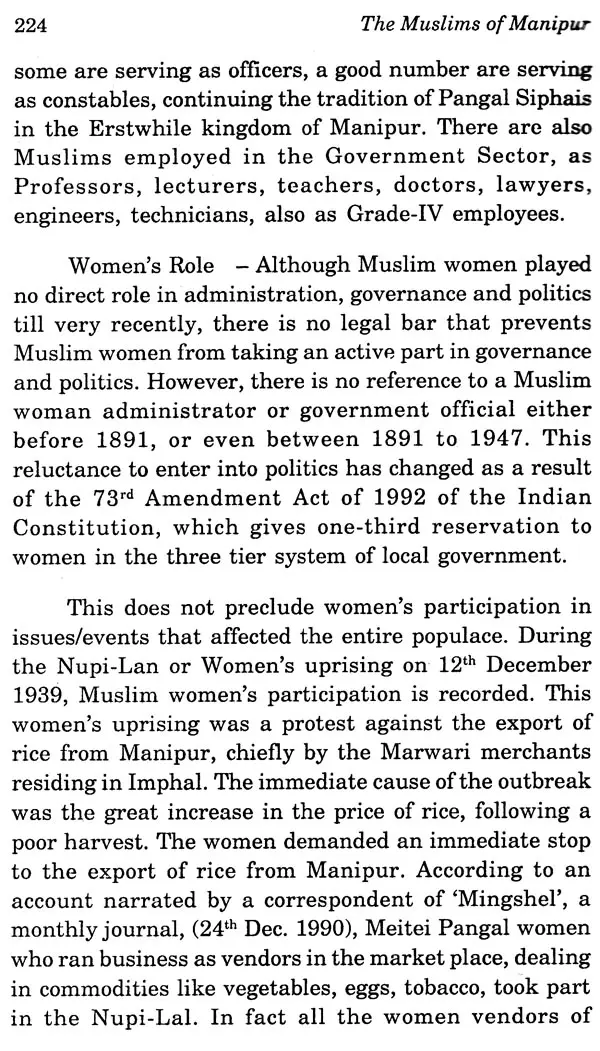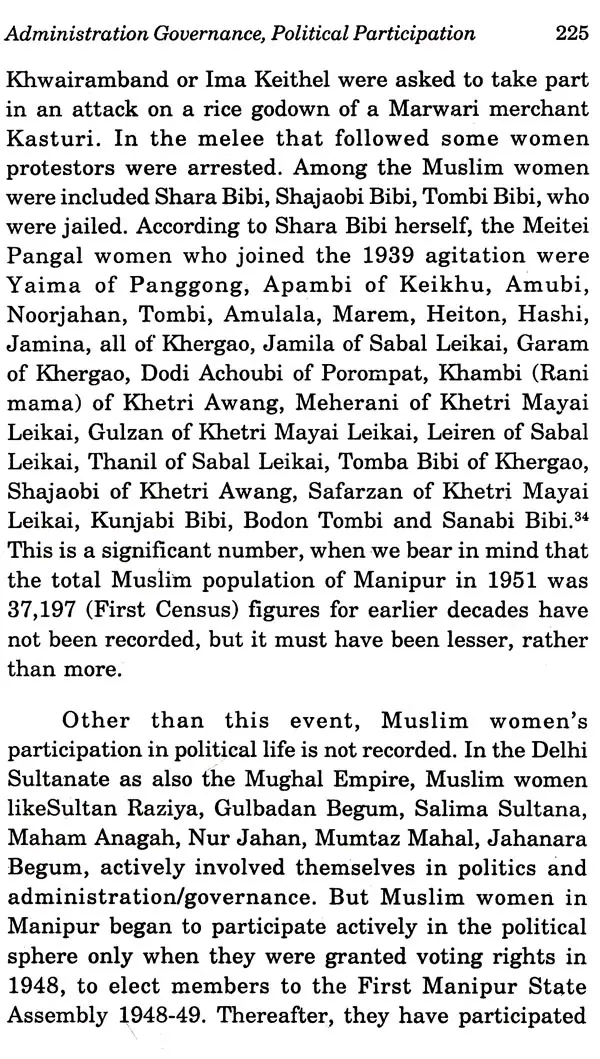About the Book The book is a history of the Muslims in Manipur from the time of their advent into the state upto the present day. It describes the social, religious, cultural and political organization of the Muslims and gives a detailed description of their life and conditions in Manipur. It also explains why these Muslims are known as 'Pangans' in Manipur, besides it illustrates the process of integration of the Muslims into Manipuri society.
About the Author Salam Irene is teaching in the department of History, Manipur University and is heading the Specialisation in Medieval Indian History. She has travelled extensively in Asia, Europe, Canada, Australia and presented papers at international, National, Regional and State level conferences. She has earlier authored a book 'Catholic Education in Manipur.' She lives in Imphal with her family, and is engaged in social work in her leisure hours.
In this endeavour, Sri Goswami passionately unveiled the hidden history of the great Vaishnavism Movement.
Preface When one undertakes a study of the Muslims in Manipur, it is immediately apparent that there is a dearth of literature on the subject. It may perhaps be due to the fact that although the Muslims came to Manipur in 1606 AD. they numbered only about a thousand and their number grew only up to 37,197 in 1951. Moreover they were not interested in education till very recently. As a result, there is no authoritative account of the Muslims in Manipur.
Introduction Contemporary North East India is a product of British imperialism and Early National Formation of modern India. It is necessary to know how the British empire of the nineteenth century impacted upon the subject people of the North East. The historical experiences of the indigenous peoples therefore, are attempts to respond to two major influences in history: (i) the structural transformation in society and polity in the wake of imperialism and colonialism, and (ii) the response to the relationship in the context of the modern Indian State.¹
Book's Contents and Sample Pages
